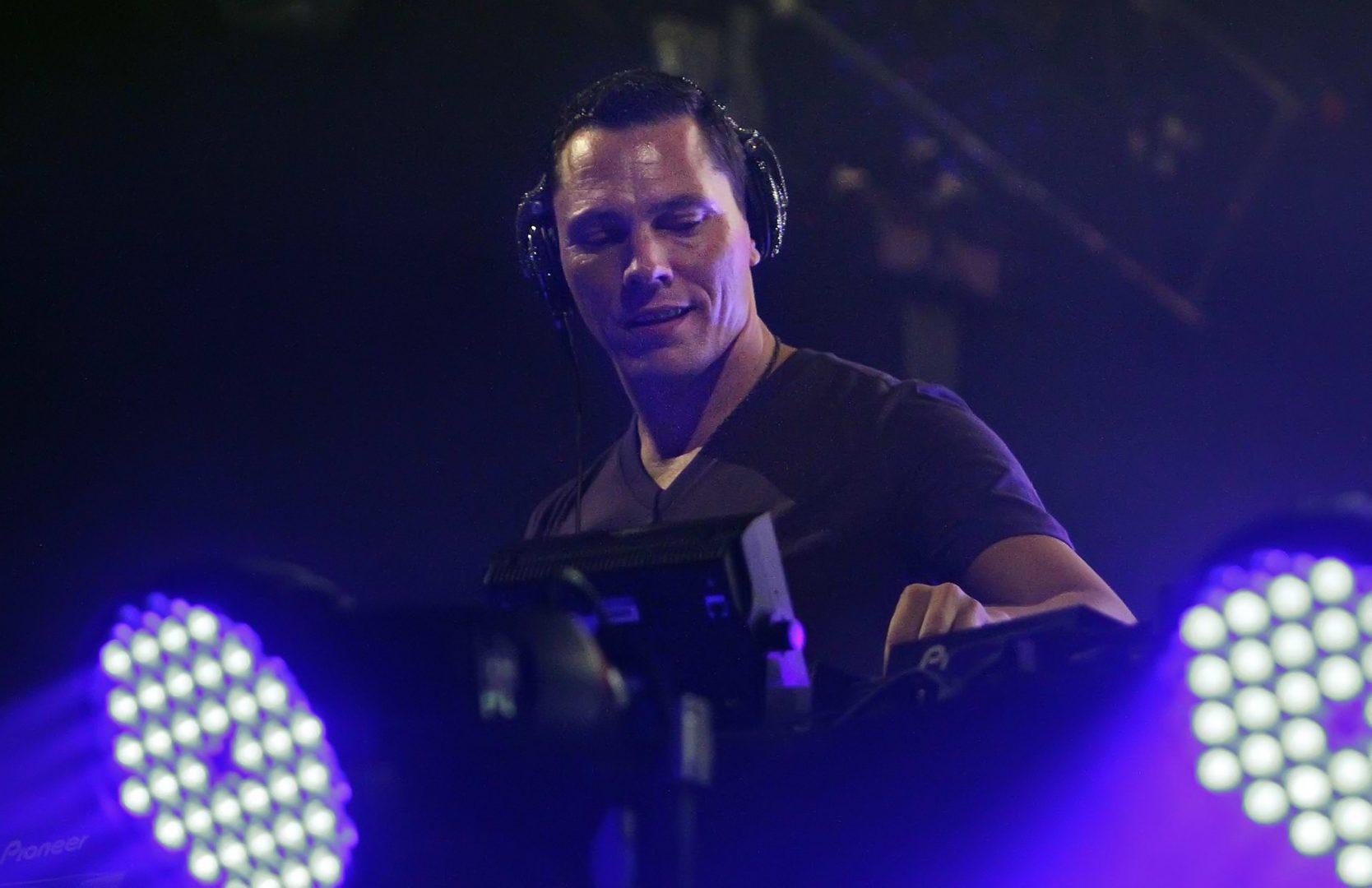Fresno State Music Department faculty discuss Electronic Dance Music’s validity
By Ryan Brisco
Special To The Collegian

DJ Tiesto performs at the San Diego Sports Arena in October 2011.
Over the last three decades, with the constant improvement and development of audio technology, many contemporary musicians have turned to electronic tools as a way to construct compositions and create the sounds they are seeking.
But should someone be regarded as a musician even if he or she doesn’t play any instruments?
Electronic Dance Music (EDM) and Dubstep — made famous by artists like Deadmau5, Skrillex and Daft Punk — are popular electronic music genres that exist solely because of music technology.
Percussion beats, instrumental melodies, harmonies and, at times, vocal tracks can be created and manipulated digitally to craft a piece without ever having to leave a computer desk.
Ethan Castro, a Fresno State music composition major, said electronic music is often created through a technique called “sampling.”
“You take any recorded file, a sample of something that’s real, then you take that sample and blend it until it comes out as something completely different,” Castro said. “It’s fairly common in pop music these days. Even people that are highly regarded use a lot of samples.”
Castro, who entered the world of music by singing in a youth choir many years ago, has since fallen in love with percussion and synthesis, another technique by which music is digitally created.
“Some people don’t consider what I do music,” Castro said. “They ask, ‘Where’s the challenge if you can just sit at a computer and make everything?’”
Dr. Donald Henriques, a world music professor, said music at its core is about expressing an emotion.
“All music needs to connect with someone on some level. There has to be something about it that has meaning. Entertainment is a meaning. Religion is a meaning,” Henriques said.
Under his definition, Henriques said he would consider electronic artists valid musicians.
“If people are using [sampled] sounds in a musical way, getting back to the emotion of it, it’s broadened people that can be involved in music,” Henriques said.
Along a similar vein, Dr. Kenneth Froelich, an associate professor of music composition, said that he cares more about the quality of the music than whether it was sampled or not.
Froelich said sampling should be considered a tool in musical composition.
“Asking what I think of samples is like asking what I think of a hammer,” Froelich said. “It’s kind of a silly question.”
That being said, Froelich firmly stressed the importance of having a fundamental knowledge of music theory and knowing how to play an instrument.
“Part of being a composer does involve knowing how to play an instrument,” Froelich said. “We do insist that students in our program listen to a lot of contemporary classical music. They don’t have to write it, but they need to have a wide variety of knowledge.”
“We don’t specifically teach the composing of EDM. If students are interested in writing it [electronic music], they can take the knowledge of orchestration and apply that to EDM,” Froelich said. “The goal is to enhance the overall experience of listening to music.”
The best way to enhance that experience, Henriques said to connect with the listener.
“Somebody might think that electronic sounds don’t have meaning to them because it doesn’t have that human touch,” Henriques said. “On the other hand, you might have someone where that’s their world and orchestral, opera, the other things, that’s completely foreign to them. You may as well be on another planet! Electronic sounds resonate with them. Are you going to tell them that’s not music?”





